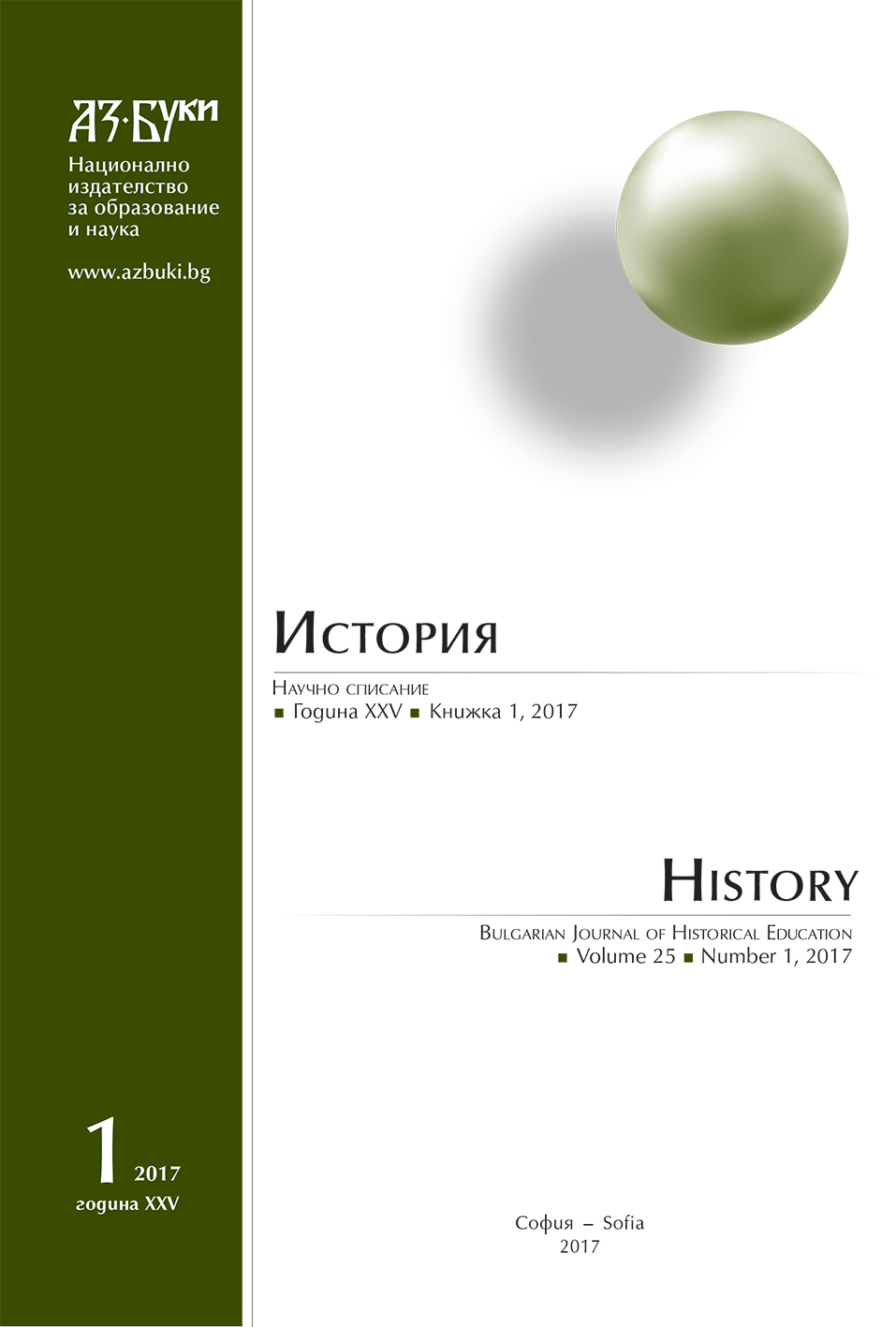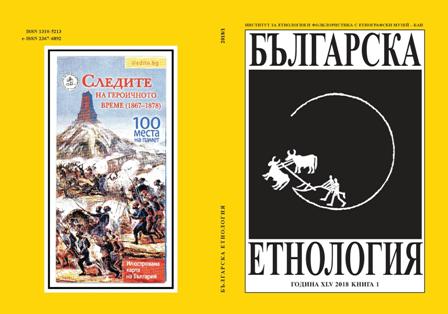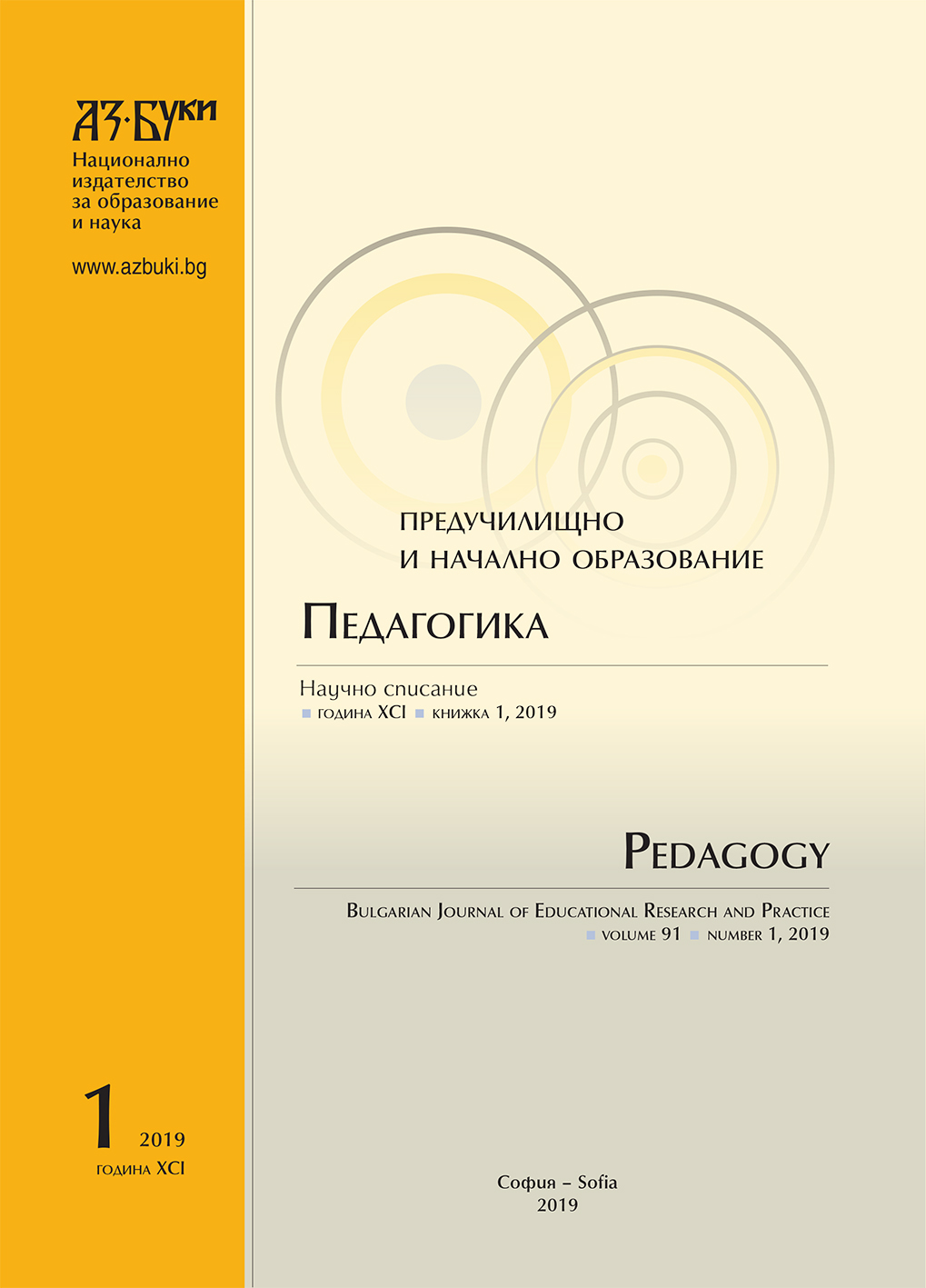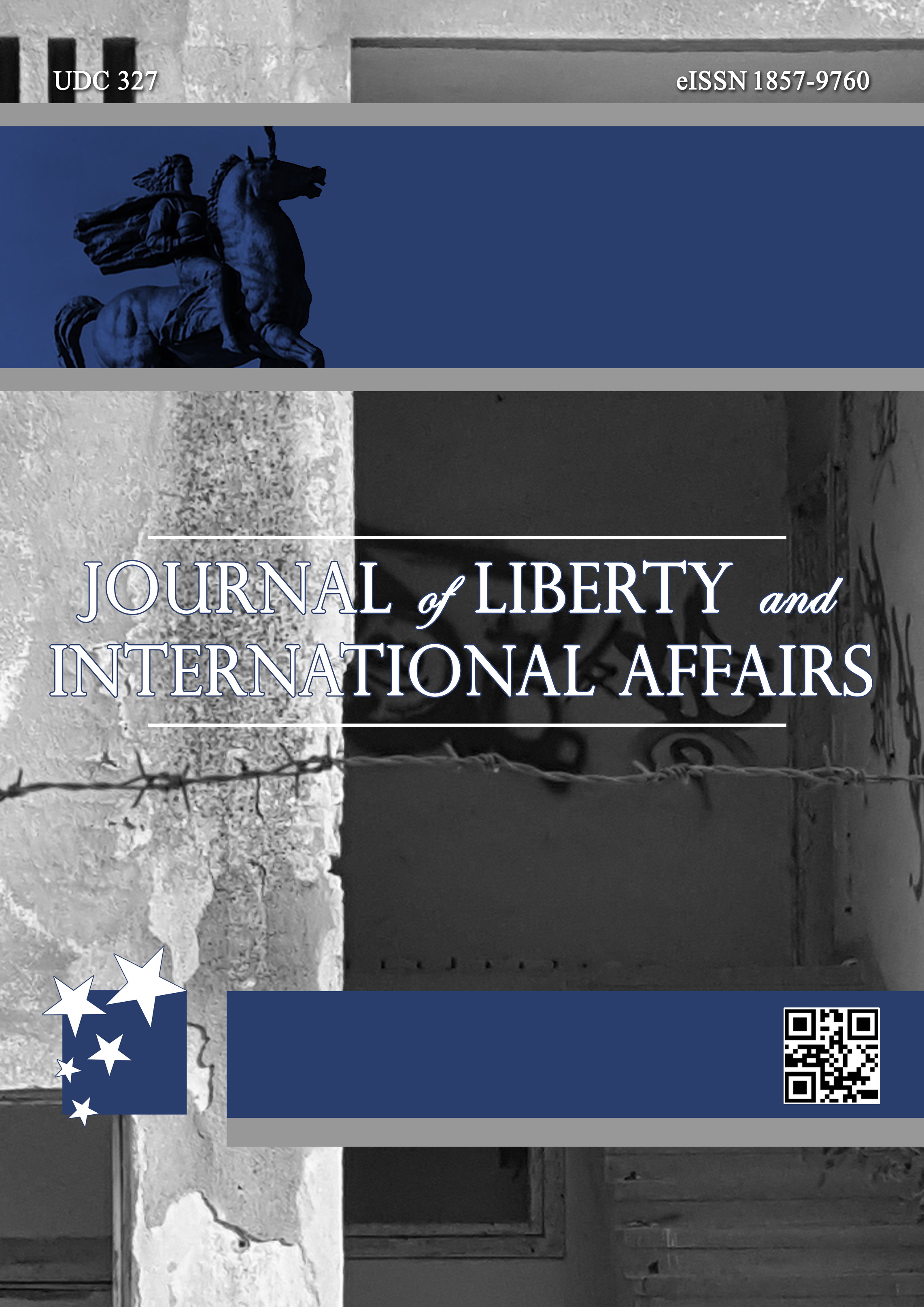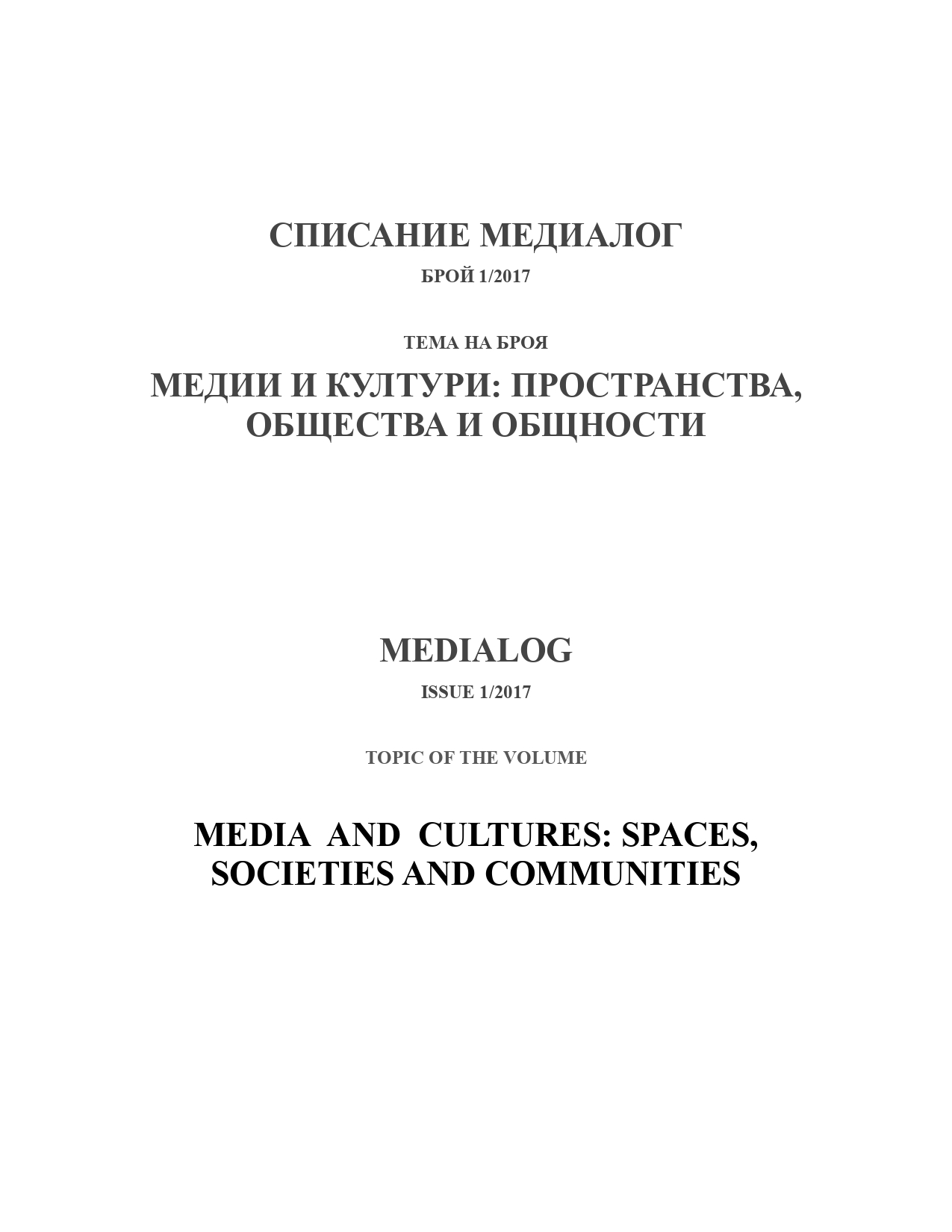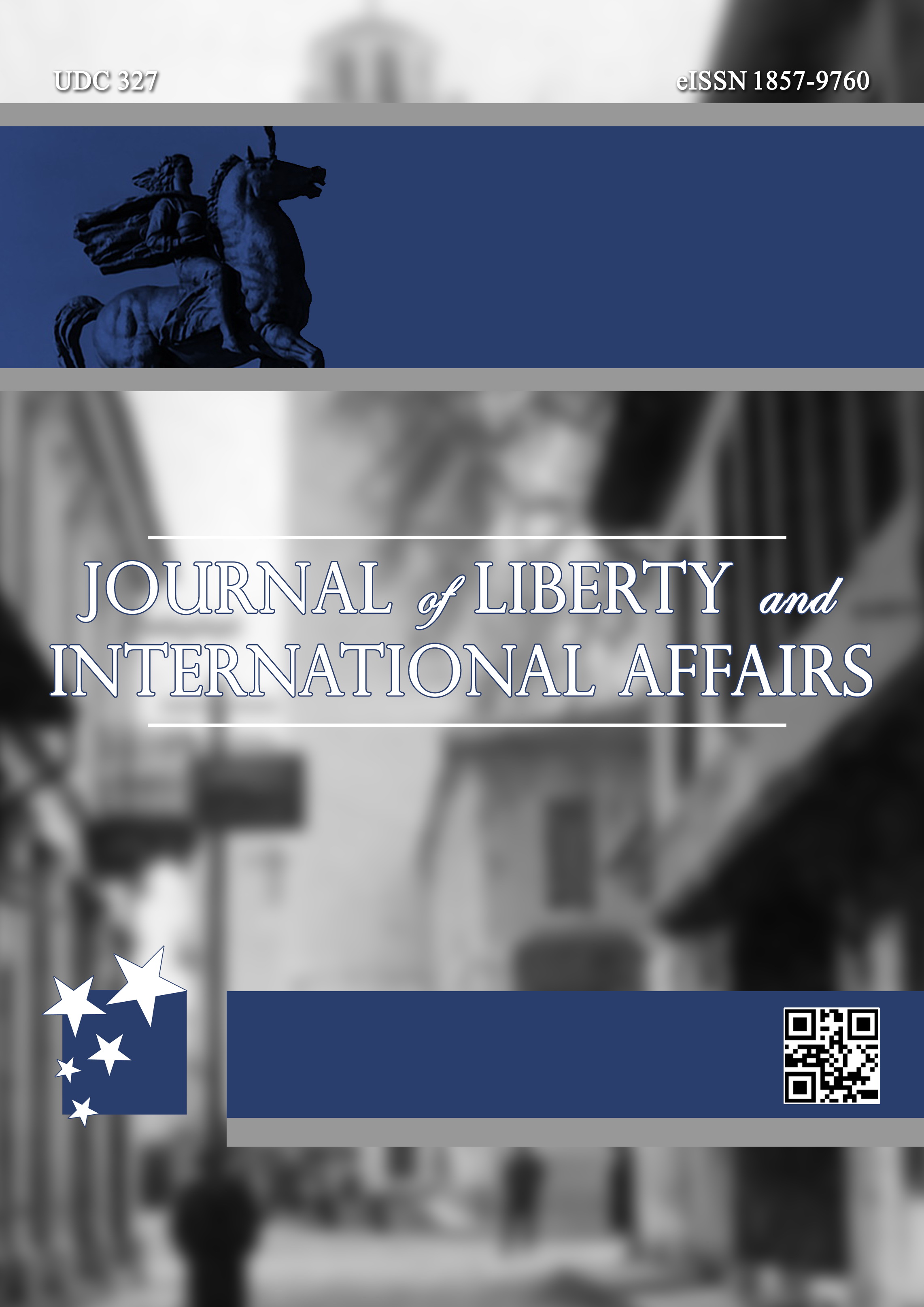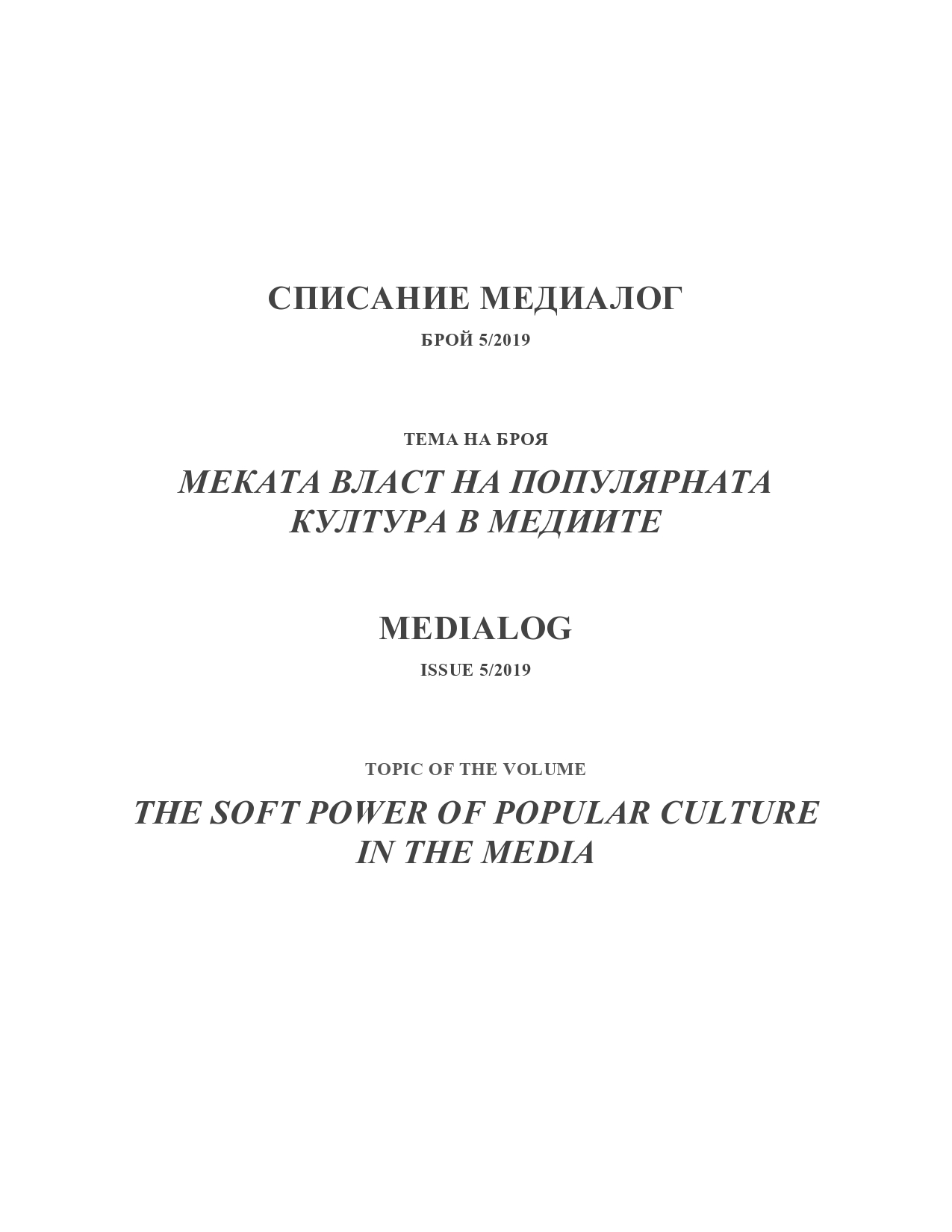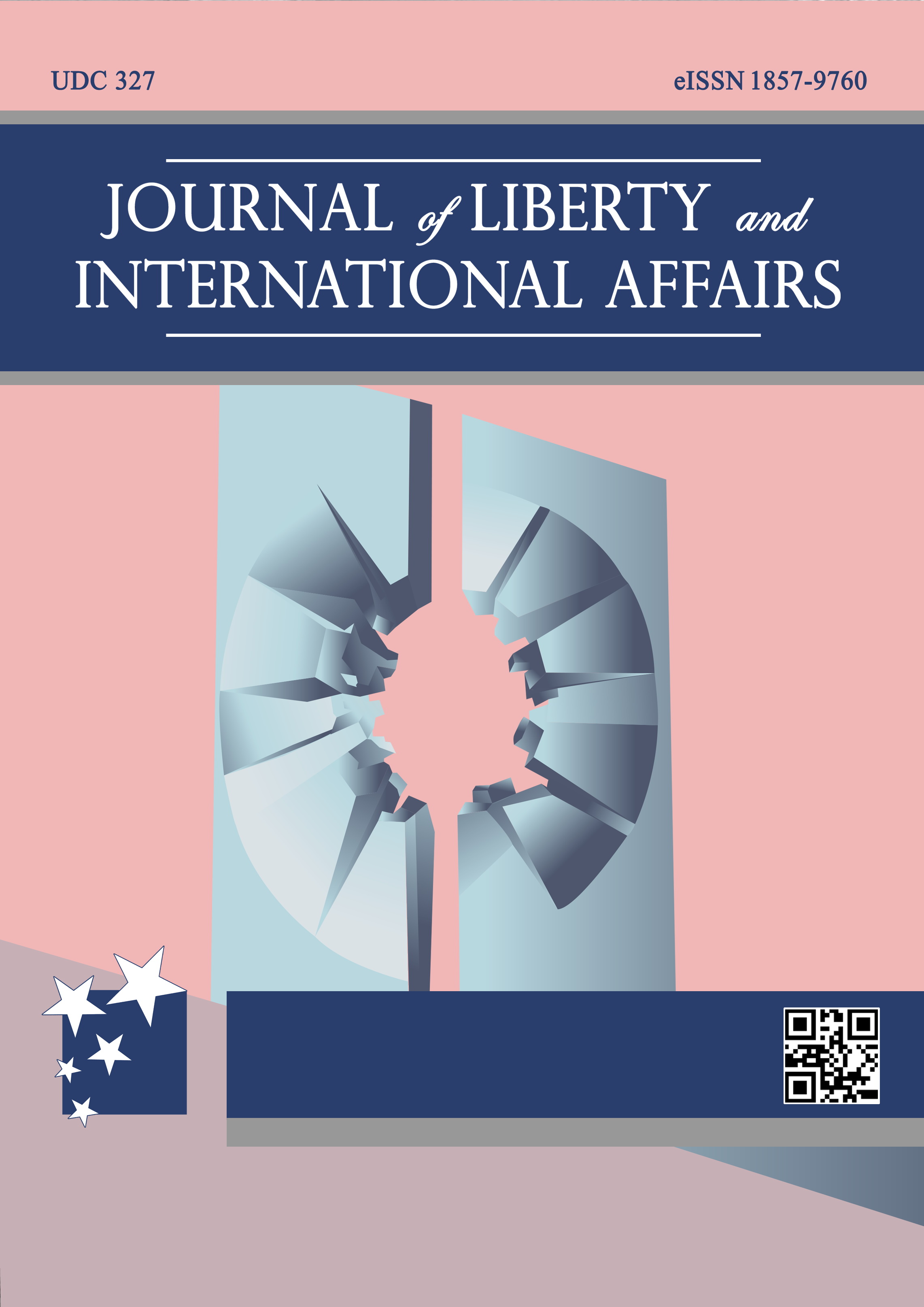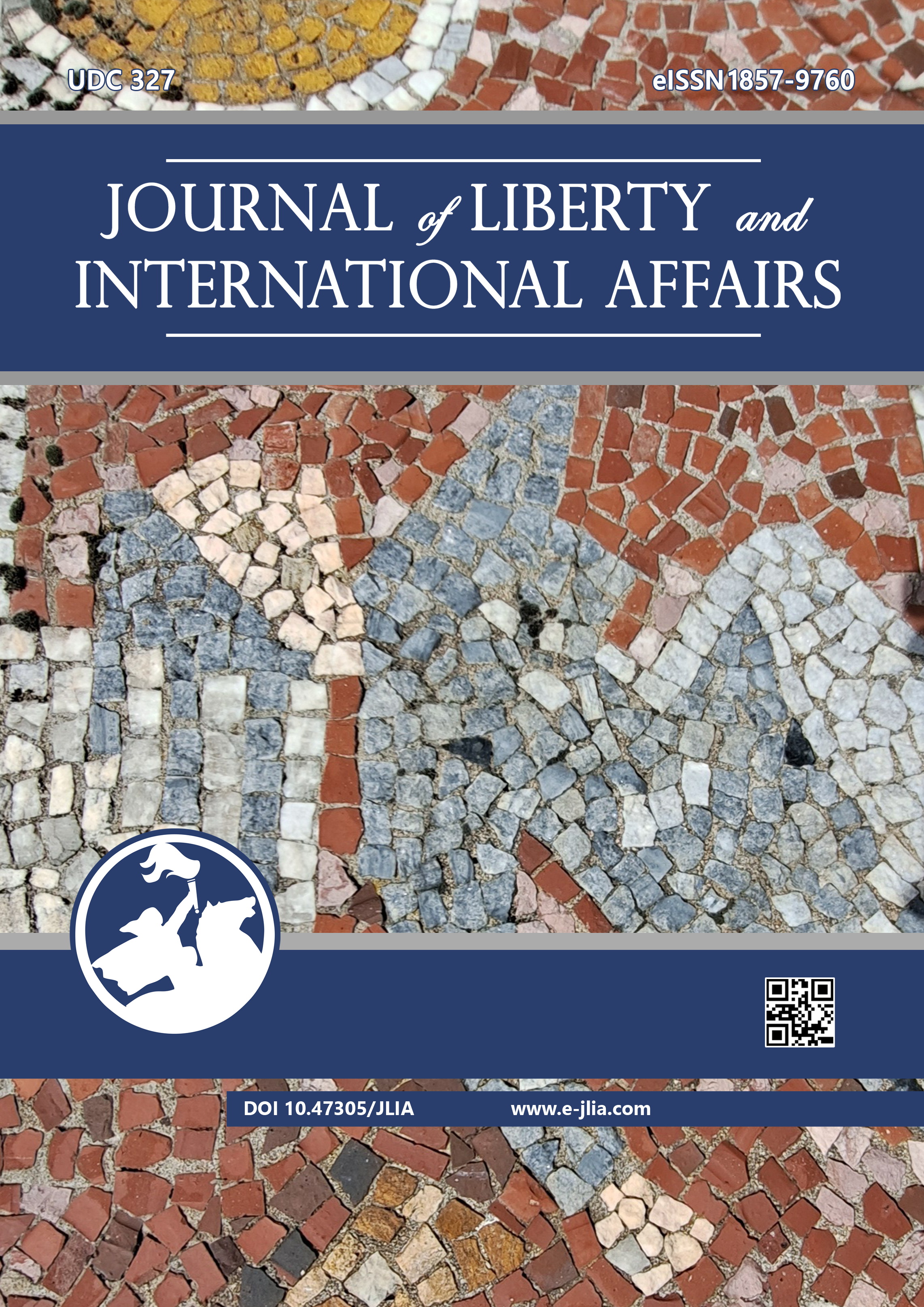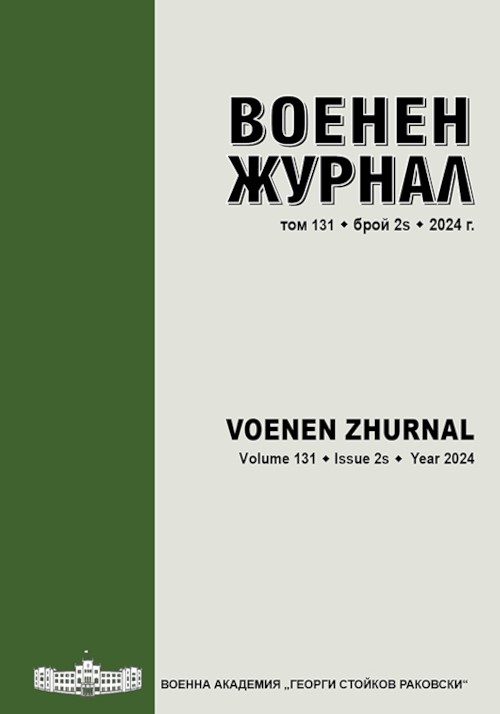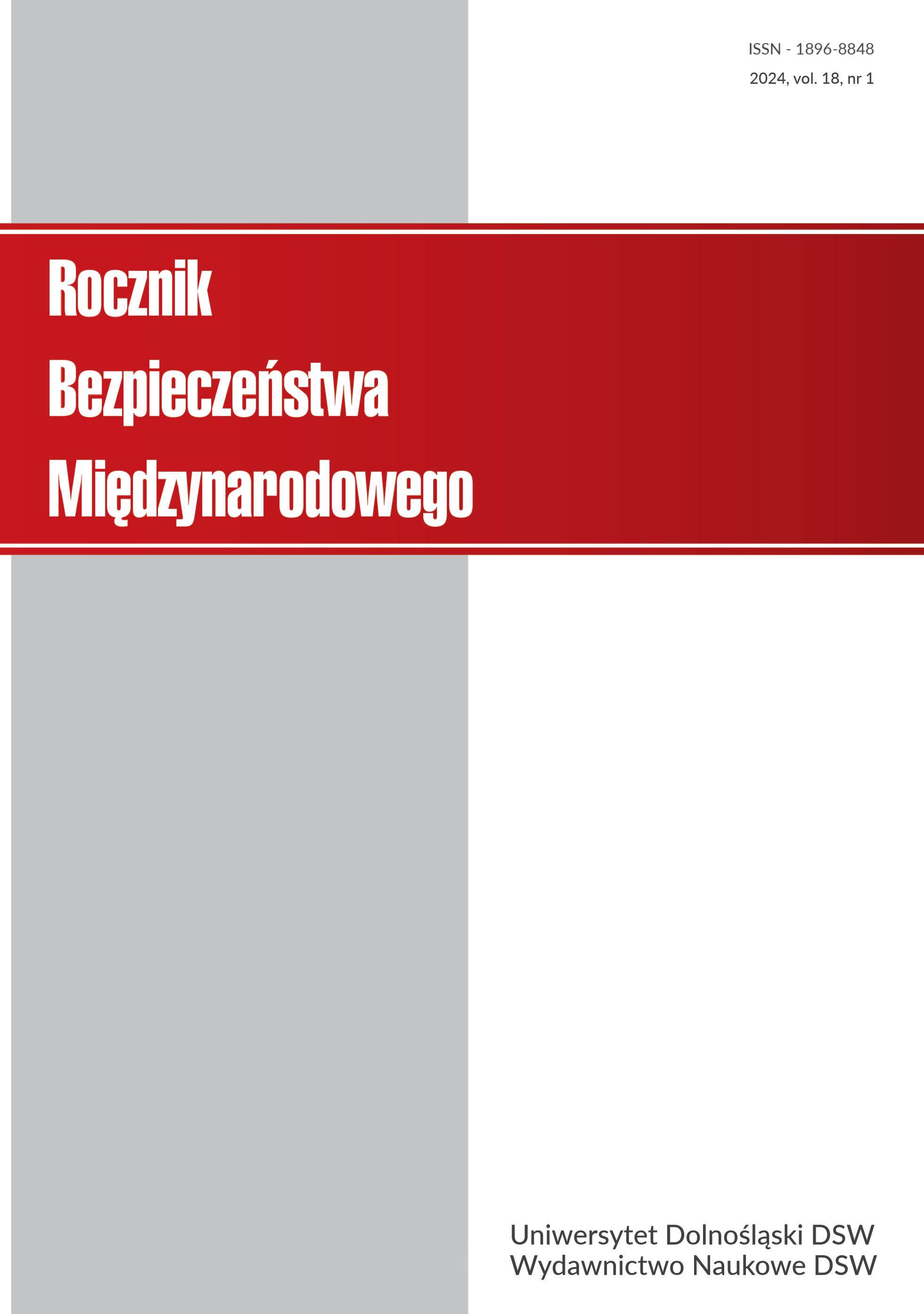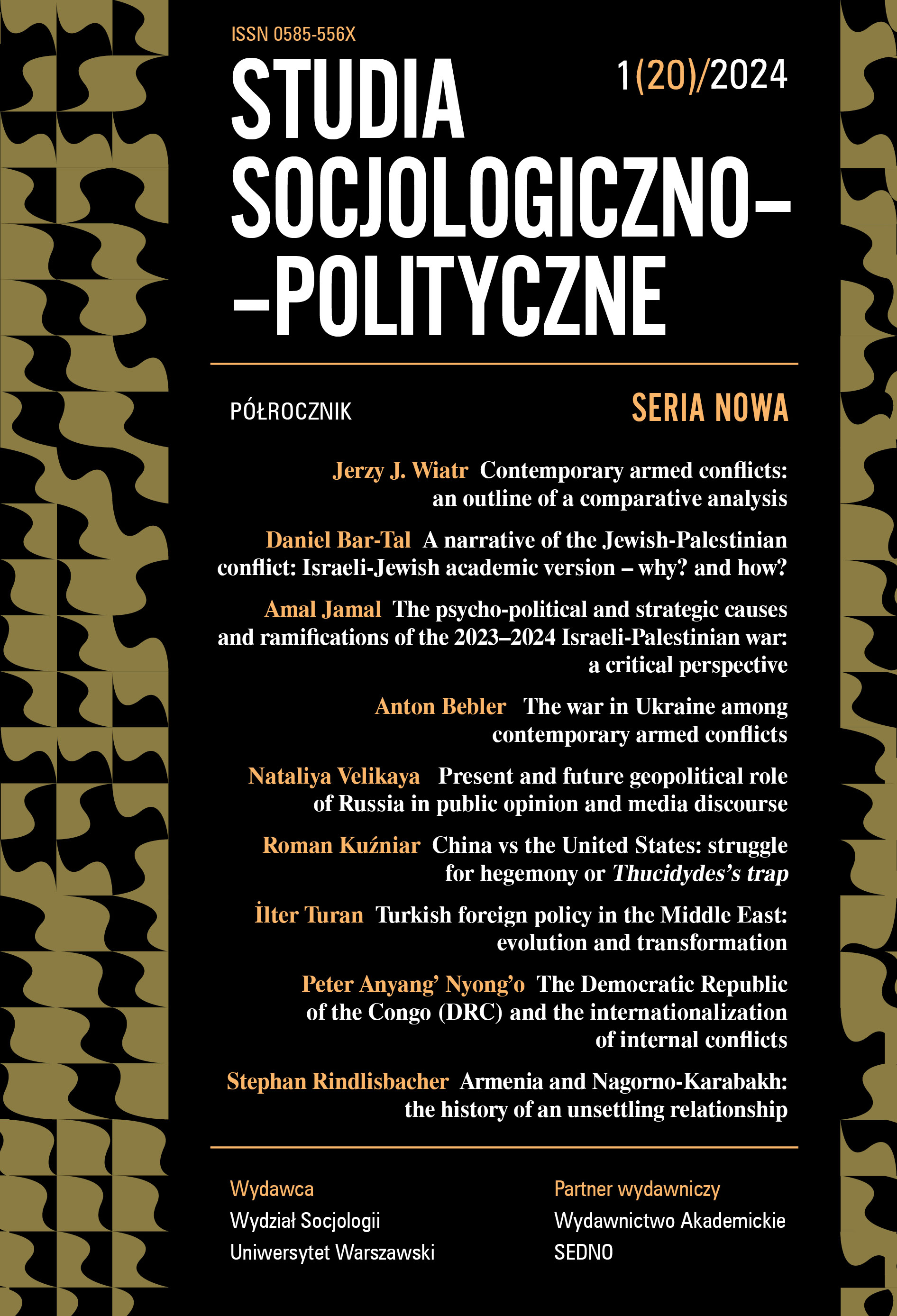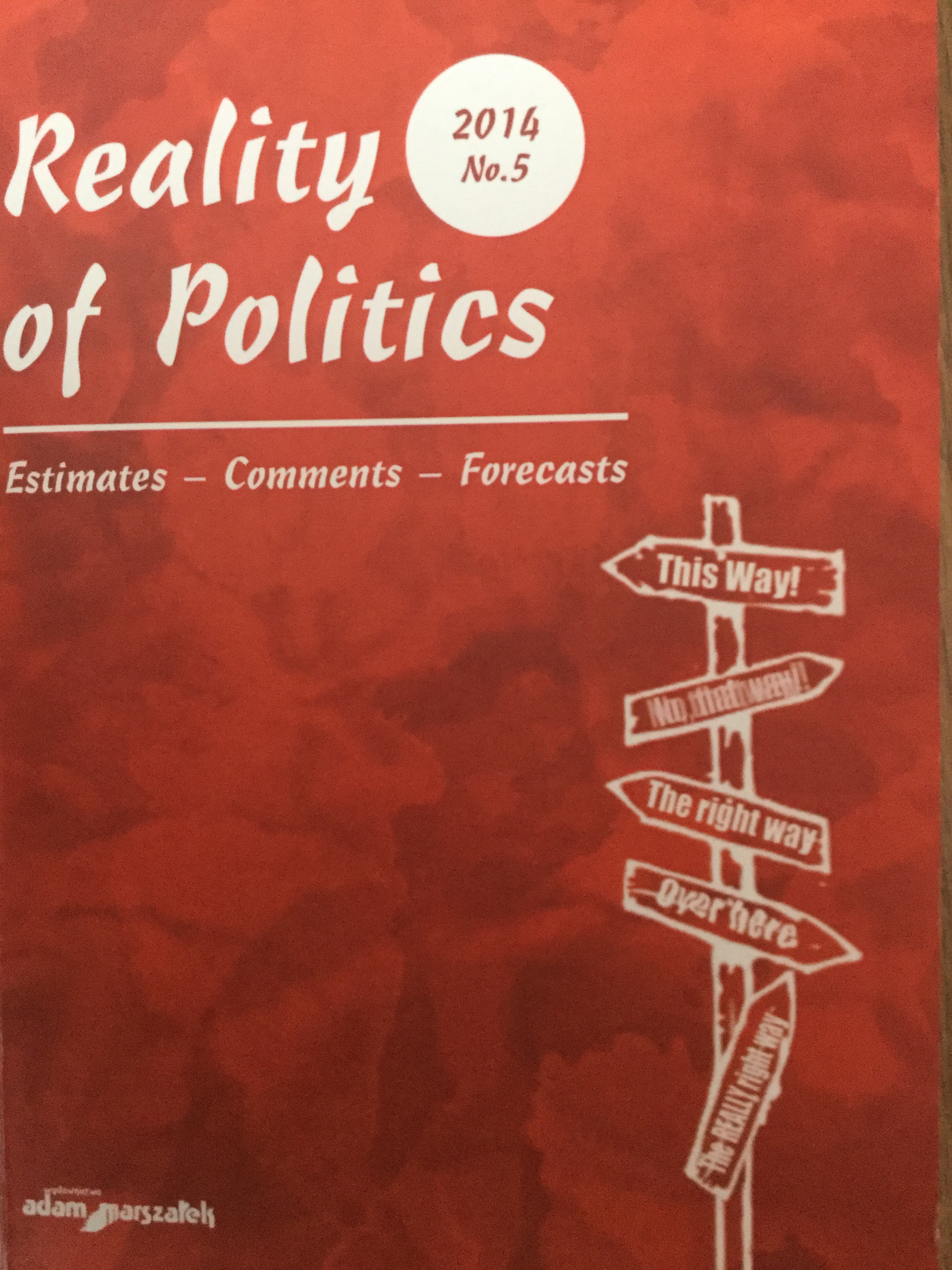
THE DILEMMA OF PRESENT DAY: GUERRILLA, TERRORIST AND ASYMMETRIC WARFARE
In order to describe the environment surrounding us, so complex in terms of relations resulting from using violence, we easily employ terms such as 'partisan' or 'militant', just in order to define the very same ones as terrorists a while later. Probably the benchmark of contemporary description, especially of political action is the lack of clear-cut attitudes. Terrorism is nothing new, and this statement in itself is not very revealing. However, for many contemporary researchers of this issue, there is never too much information. Terrorism has always accompanied the history of oppressive regimes as well as resistance movements and uprisings. All the same, within the anti-colonial insurrectionary movements of the mid-20th century which led to the fall of European colonial empires over a short period of time, terrorism achieved new quality. It should also be emphasized that it achieved considerable political successes compared to the social-revolutionary terrorism of the late 19th century. The attribute 'terrorist' serves as an excluding one in different relations. By employing such term, one that their cause is an unconventional one – leastways as long as specific ways of using violence are applied. On the other hand, groups classified as terrorist ones often describe themselves as partisans who are fighting for the liberation of certain social or ethnic groups and who have to employ “unconventional” methods of using force because of the military superiority of the oppressive regime. By describing certain actions as 'terrorist' one usually intends on bereaving it of every sort of political legitimation. Is there any aspect that terrorism and guerrilla actions have in common? In certain socio-revolutionary or ethno-separatist strategies of violence, the concept of terrorism consists in the idea of a 'starter' which is to create the conditions to commence the guerrilla war. There could also be groups acting as partisans on one front line, and as terrorists on the other. The example is Al-Qaeda: in Central Asia its network operated only temporarily, as a kind of guerrilla, while in the global scale it employed terrorist strategy.
More...
